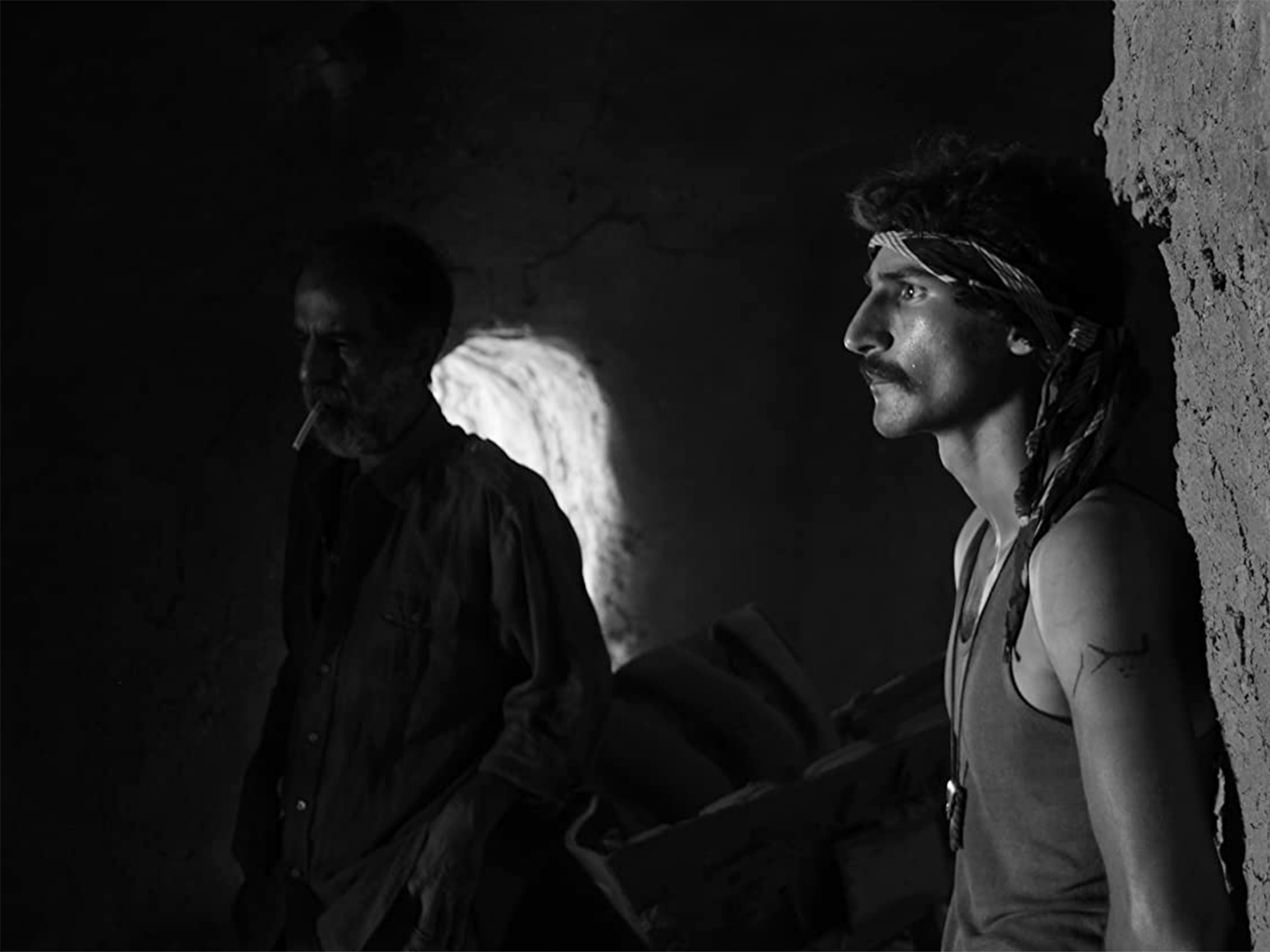
- Golden Globe Awards
The Wasteland (Iran) – Interview with Ahmad Bahrami
Despite a strong tradition of film realism in Iran, Ahmad Bahrami’s The Wasteland turns an obsolete brick factory and its milieu into an allegorical tale. The secret love of Lotfollah (Ali Bagheri), the 40-year-old keeper, for Sarvar (Mahdieh Nassaj), a female worker, remains unrequited as their Kafkaesque world spirals through monotony down to its predictable demise. The stark images, scant dialogue and repetitive motions of the characters create a dreamlike environment that could stand for anything anyone wants to read into it: a city, a country, human society. No matter how you look at it, it’s a dreary place. The hero, the only one who seems to care for anyone other than himself, broods in hopeless eros while everything around him crumbles into oblivion. Yet, despite its bleakness, the film is infused with the sentiment: a doleful sentiment stemming from the love for one’s land, people, culture, and yes, finally, from an inexhaustible love for humanity.
Why an allegory and what is it about?
It’s difficult to be straight forward in Iran, so we chose metaphor as a visual cue. Especially because we wanted to use a metaphor for day-to-day life, we chose this particular location and the repetitive brick-making business.
But there must be a greater story somewhere?
If you look at the contemporary history of Iran, you can see some repeated elements in the lives of the people. But aside from it being an Iranian story, both in the writing and the execution we wanted to emphasize a story that is universal. Lotfollah is at the age of 40, and according to our culture, that is when you enter a position of maturity, the point when you can decide what steps you want to take in life. The Prophet Mohammed became a prophet when he was 40. And at the age of 40, Lotfollah decides to end that cycle of ongoing repetition.
Are there any specific representations included in the film?
If I had to pinpoint it, I would say that this is a story of the Middle East where everyone is working for the “black gold”, which is oil. The factory can be taken to be a representation of the oil industry especially as it relies solely on oil and gas. And this leads to the idea that the Middle East may be super-wealthy because of oil but none of its (ordinary) people are able to use this wealth.
To me, the film also talks about the loss of innocence.
Yes, it’s about the loss of innocence insofar as the oil industry is killing innocence. What the hero does in this film is to break the vicious cycle by not joining the workers and choosing another way of being. My hope is that, by sharing this film, more people will think of deviating from their routines. Dare to choose another way. In an ideal world, the workers who now abandon this factory only in order to find another would have stood up and protested against their oppressing leader.
Is the hero’s final act an act of sacrifice?
Yes. Because of the wisdom he has achieved, he realizes that he can choose to sacrifice his love and everything he has. As a filmmaker, this is the way I see the story of the people of the Middle East. When you are faced with very tough situations, sometimes dying is better than keeping up with them.
There is a lot of repetition in the film in terms of the characters’ movements but also the dialogue. Explain why.
The mise-en-scène and the dialogue are representative of my own life, and the way I saw things. In my experience, I found myself in the middle of something that was always repeating itself.
What about the choice of the black & white and square format?
I believe that the lives of these essential workers are just like that: Black and white. In terms of the aspect ratio, the characters feel more squeezed (in this format), more pressure. Another way to represent oppression.
Is there anything that keeps you optimistic about the future of humankind?
To quote my favorite filmmaker, Bela Tar, if I didn’t have great hope I would not make films at all.

